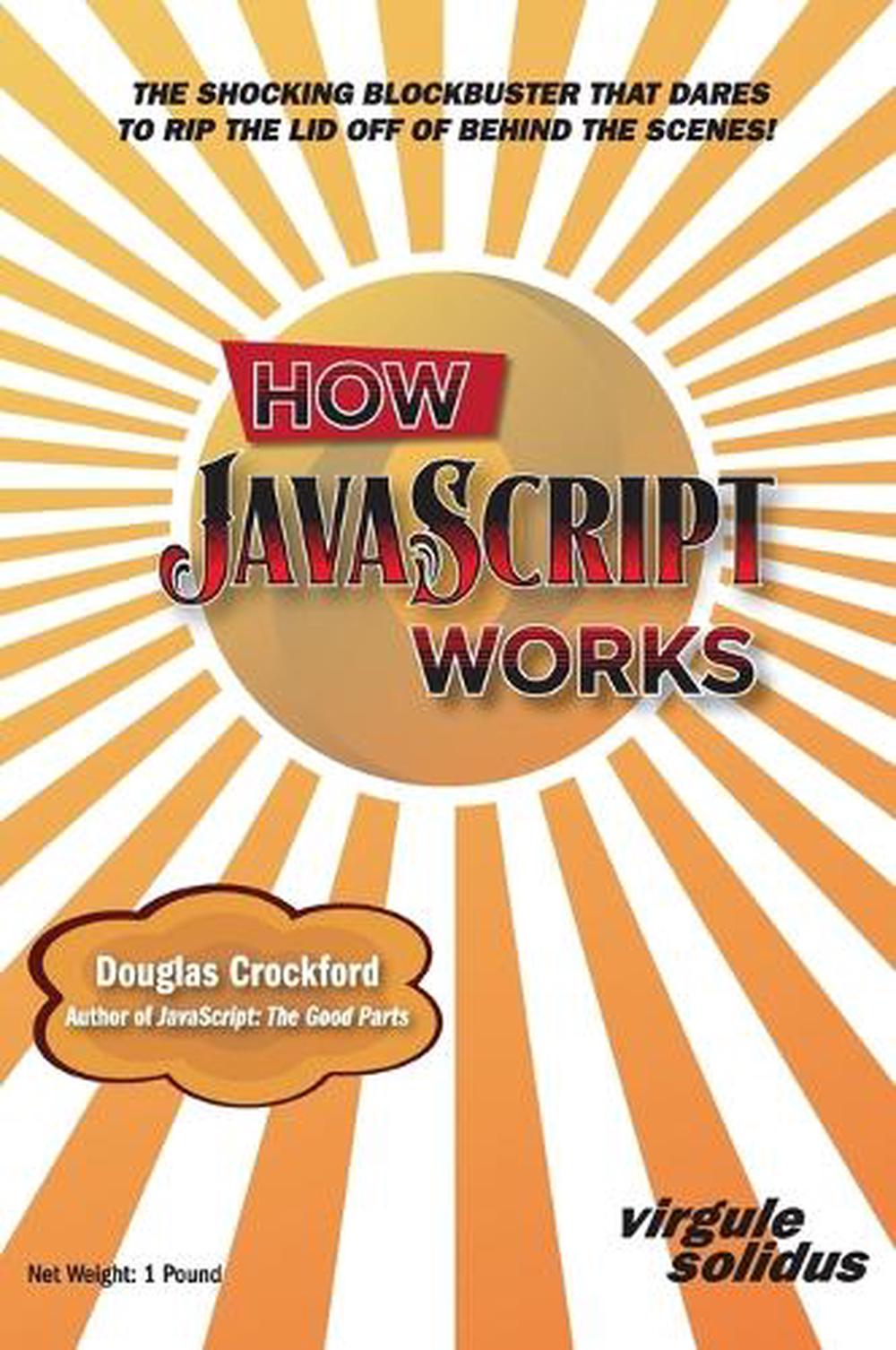
The author is very knowledgeable and passionate so he is able to get away with it. I love the opinionated style of the writing displayed in this book.

Chapters 3 and 4 alone were so insightful to me that I feel as if they should be required reading for all serious JS programmers. The sections on functions, patterns, and closures was a huge eye opener to the mystery of JavaScript’s inner workings. The main thing that I did not enjoy are the reliance upon the railroad diagrams, which are not very intuitive to anyone who has previously not implemented some sort of context-free grammar (which I would wager is a majority of JS programmers).īeyond this singular drawback, this book is filled to the brim with nuggets of wisdom. Though it is necessary to state that this book is not for JS beginners. I thoroughly enjoyed this book and felt that I learned so much from it even though it is a shorter book. Enter the highly divisive and opinionated book from the original JS guru, Douglas Crockford. Of course, many of these have been remedied over the years thanks to ECMA standards process and the creation of high performance JS engines such as Google’s V8. Name: JavaScript: The Good Parts 1st Editionĭownload JavaScript: The Good Parts by Douglas Crockford ePub FreeĬlick on the button given below to download “JavaScript: The Good Parts” complete text free PDF book.JavaScript, which was originally thrown together over a span of 10 days, has its share of bad parts.Details About JavaScript: The Good Parts by Douglas Crockford ePub You can also Download Mobile Application Development, Usability, and Security by Sougata Mukherjea PDF Free.


Overall we would definitely recommend this book to anyone thinking of venturing into JavaScript, it delivers as promised and so much more.

The focus is exclusively on professional development t in JavaScript. The examples in this book are clear and concise with an explanation of each step. It emphasizes the practical skills necessary to write solid, reusable code. It shows newbie and advanced programmers the components of the language and starts them in the process of discovering the ways those components can be put together.


 0 kommentar(er)
0 kommentar(er)
